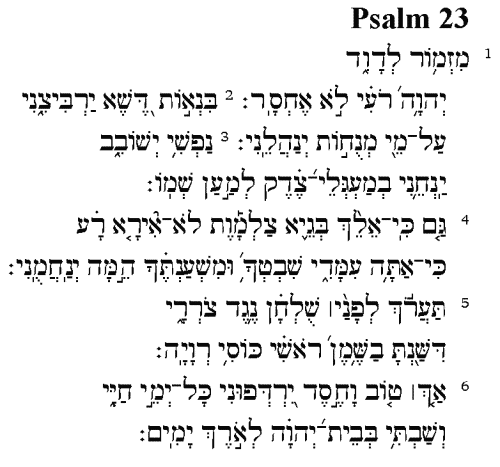The fact that Boston had so few books clearly meant that he devoured whatever came into his hand, and his treatises on the covenant of works and the covenant of grace display a familiarity with Witsius. (pg. 9)
I must confess that it's easy as a covenant theologian to run like gangbusters to the later half of McGowan's statement. And what's not to like about that! McGowan goes on to argue that the formative influences on Boston's covenant theology stem from those Reformed luminaries known as Ursinus, Beza, and Witsius. Pretty good company!!
However, it's the first part of McGowan's comment that really caught my attention. That is, the fact that Boston had "so few books"! McGowan footnotes this to something found in Boston's Memoirs (so lets assume for sake of argument that it's true). Without extrapolating into *why* Boston acquired "so few books," this struck an interesting personal chord into my own book-reading and buying habits.
Reformed theology has long been known for its love of reading books. With that often comes a love for collecting books and buttressing one's library. There may not be a blatant attempt to impress others with our vast collection of reading...but we certainly don't seem to mind when people think we are extremely well-read! I remember the vast array of books I started to collect as an undergraduate and then the year I took off before I started at Westminster. I was a book hound! The art of learning how to read through that process was immeasurable, especially going into seminary and then more graduate school, where you are forced to assimilate large amounts of data in a short period of time.
However, what I've learned through it all is simply this: at least 95% of the books being published out there in theology, Biblical studies, and the like are simply not worth much more than a quick glance, only to be filed away to the bin of the 'books that made it to print that probably should have gone into the doc shredder.'
When I moved to Canada in 2004, I sold (or gave away!) probably in the neighborhood of 80% of my library. It wasn't easy to part with a lot of those books that were part of the journey through college and seminary. At the time, my reason was largely pragmatic -- I didn't see the point in spending hundreds in shipping books postal rate, only to have them thrashed in the process!! Plus, I figured that most of these books I could re-purchase at some point in the future, if I decided that I really needed it again. And besides -- I had the Regent Library on hand to look up a reference or quote if really needed.
But the fact of the matter is that haven't missed hardly any of these books I gave away. In fact, I can't really think of one time where I've said to myself, "Why did I get rid of THAT book?" These were books that served their purpose along the way...but they were books that frankly would be filling space on my bookshelves, not to mention making it that much harder to move to and fro.
So my philosophy of book-buying has evolved quite a bit since I started seminary a decade ago. I still try to read as much as I can find the time....but the difference is that I am much more picky in the books that I will actually add to my personal library. Of course, there are other factors involved here, like the fact that I've had reasonably good theological libraries in Vancouver and now Berkeley to consult when needed. Perhaps wisdom taught me that you don't need to buy every book under the sun, when you can simply consult it down the street.
And that brings us back to Boston's "so few books"! Suddenly, the lack of books on the shelf doesn't seem like all that bad of an idea. On that rare occasion that a book is actually worth more than a single read, then perhaps you have a book worth purchasing for your library! Devour the really good books again and again....and skim quickly through the rest!
How many books on your shelf would you be willing to part with? What percentage of your books have not been touched on your bookshelves in the last 3 years? [Moving or re-arranging doesn't count!]
NOTE: I just discovered the top 10 things to say after returning home from a conference book plunder! Hilarious -- it proves my point exactly!






1 comment:
Matt,
McGowan doesn't happen to mention which books were in Boston's library besides Witsius? I find it interesting to speculate as to just what many great theologians of the past, e.g. Jonathan Edwards, had access to, considering the scarcity and expense of books in their day.
Anyway, who was it who said: It is not the reading of many books that makes one wise, but a good book read many times. Luther? I think so.
As it happens, I'm presently culling my library and giving the cast-offs to a local bible college. That makes me fell less guilty about my stewardship failings, as most of these books I've read only once or just skimmed through.
Well,I enjoy your blog - Reformed theology has always interested me -and I am particularly keen to learn more about Kline - I think I came to you via Lee Irons.
Blessings on your studies,
Mark Henderson
Lutheran Pastor, Australia
Post a Comment